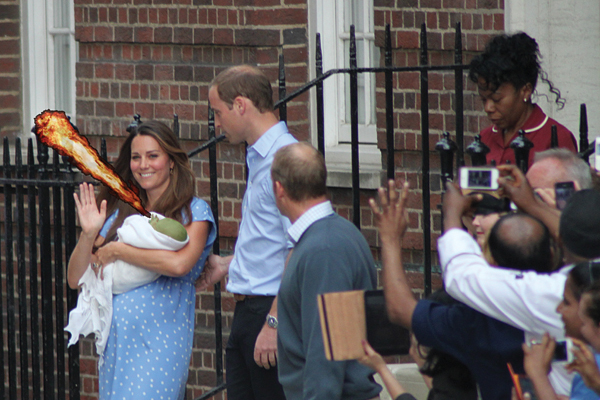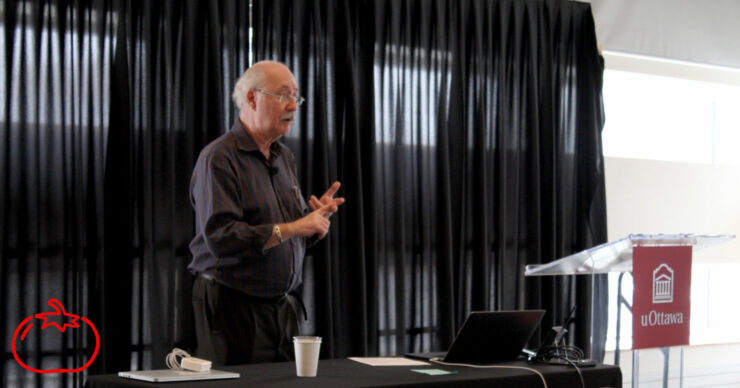Should make up for Prince George’s disappointing normalcy
Photo by Christopher Neve CC, Edits by Marta Kierkus
The Duke and Duchess of Cambridge sent the world into a craze when they announced that they were expecting their second child. Now, William and Kate have gone one step further and proclaimed that the new baby will be undergoing genetic testing to gain superpowers.
According to a press statement issued by the couple’s spokesperson, “The Duke and Duchess of Cambridge are going to this length for their loyal subjects, and not because the duke is tired of seeing column inches devoted to his wife’s hair and his own lack thereof.”
To accomplish this goal, William and Kate have already been visiting various Swiss genetic research centres throughout the past couple of weeks. In the company of the country’s top molecular biologists they have been discussing the possibility of endowing their yet-to-be-born child with meta-human abilities such as flight, super strength, and super speed.
After this recent announcement, their every movement will surely be tracked by the same fans and news sources that once drummed up frenzied reports in the nine months preceding Prince George’s highly anticipated, but ultimately mediocre arrival.
“In hindsight, we can see that Prince George was a little overhyped,” said self-appointed British Royalty analyst and stay-at-home mom Lucille Roy. “How was anyone supposed to know that he would be so normal, like any other commoner baby? I felt slighted, to tell you the truth.”
Readers will remember that during his first official royal outing in New Zealand this year, Prince George did not exhibit any qualities that could be deemed “super.” The eight-month-old displayed a disappointing amount of drool, a lack of extra strength, and at no point in time did he turn invisible or melt Lego blocks with laser eye beams. The most that could be said for this young royal was that his cherubic cheeks seemed capable of eliciting squeals of alarming decibels from grown women.
But now the royal couple gets a chance to do it right.
“We’re all thrilled about the idea of a super-powered royal baby,” said David McDonald, who runs RoyalBabyFans.com, which quadrupled in traffic within 12 hours of the announcement. “Will and Kate really let us down last time, so I feel that genetic modification is the logical route they should be taking this time around.”
The excitement of fans has been reflected in the sales of royal memorabilia, which have surged all over the world since the announcement.
Stacy Graves, a Royal Family fan from Canada, thought it was important to remind the public that as a member of the Commonwealth, “it is our duty to be vocal on all matters concerning the U.K.”
“And that includes everything—not just Will and Kate and the baby,” she said. “For example, Princesses Beatrice and Eugenie are important too. I follow them on Twitter. And this referendum that people are talking about seems pretty important as well. I think it’s a sports thing.”
Royal Baby Number Two is set to become the first super-powered, blue-blooded progeny in history. However, many suspect Queen Elizabeth II herself possesses superhuman endurance, something that she employs whenever she converses with Prime Minister David Cameron.





